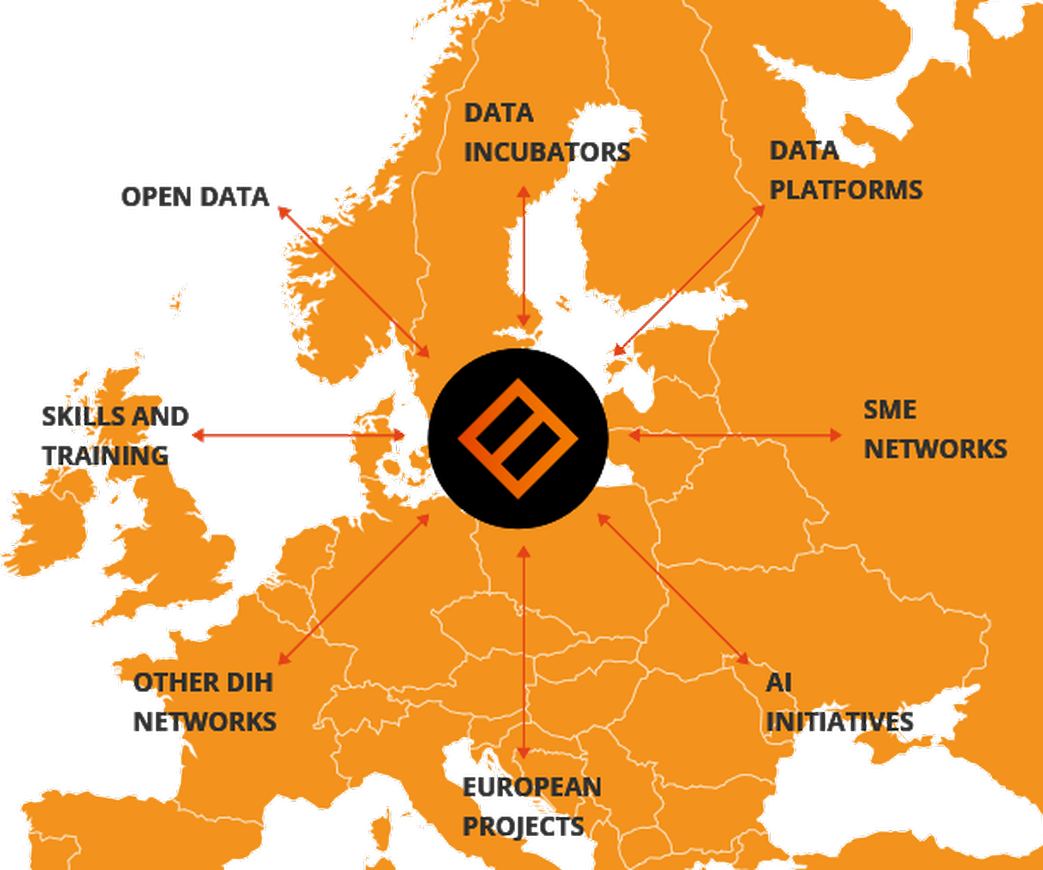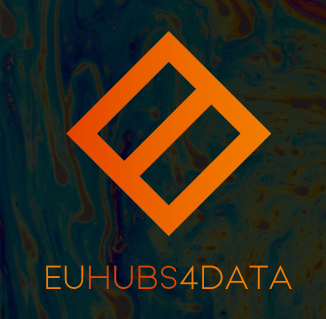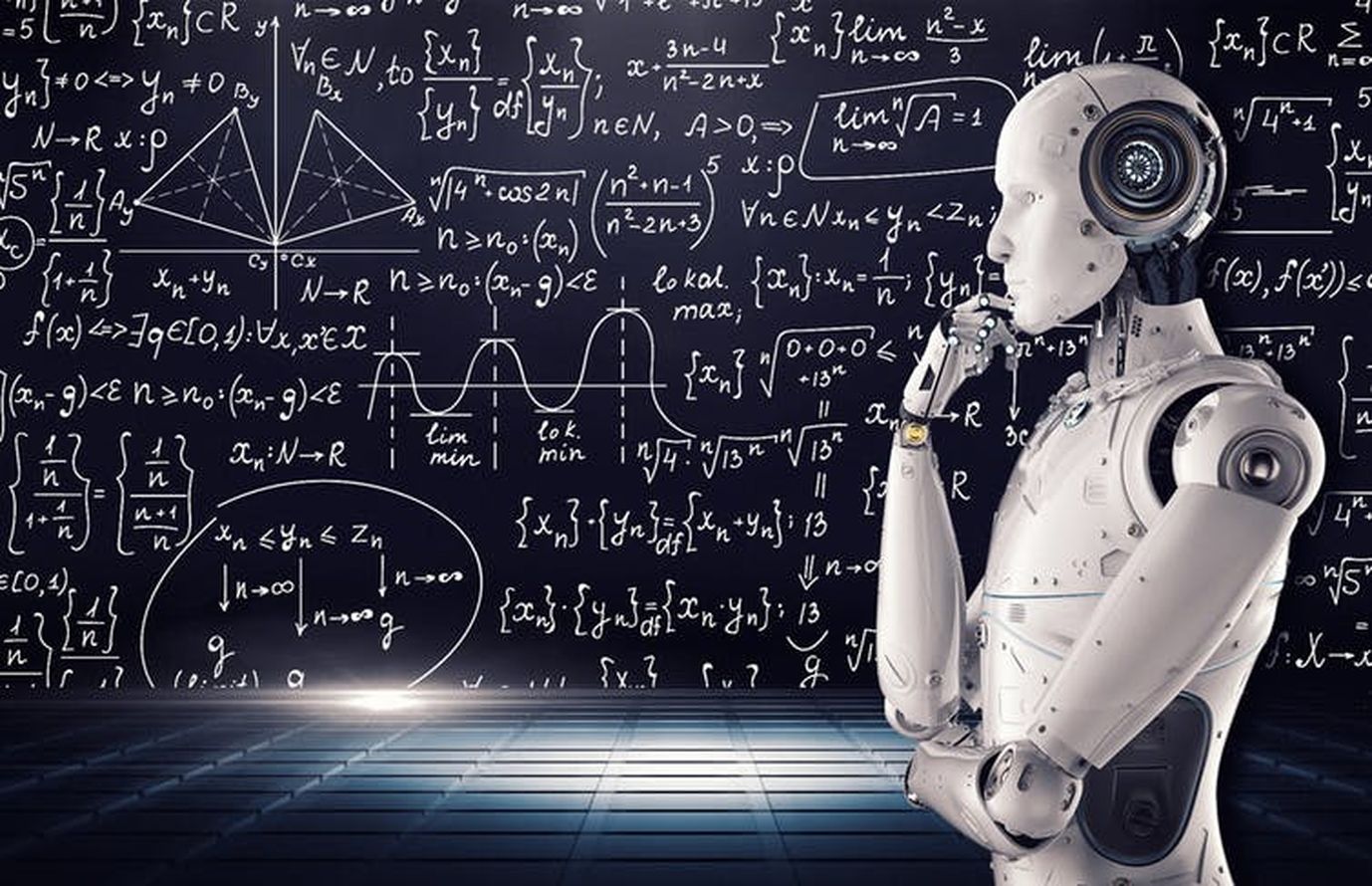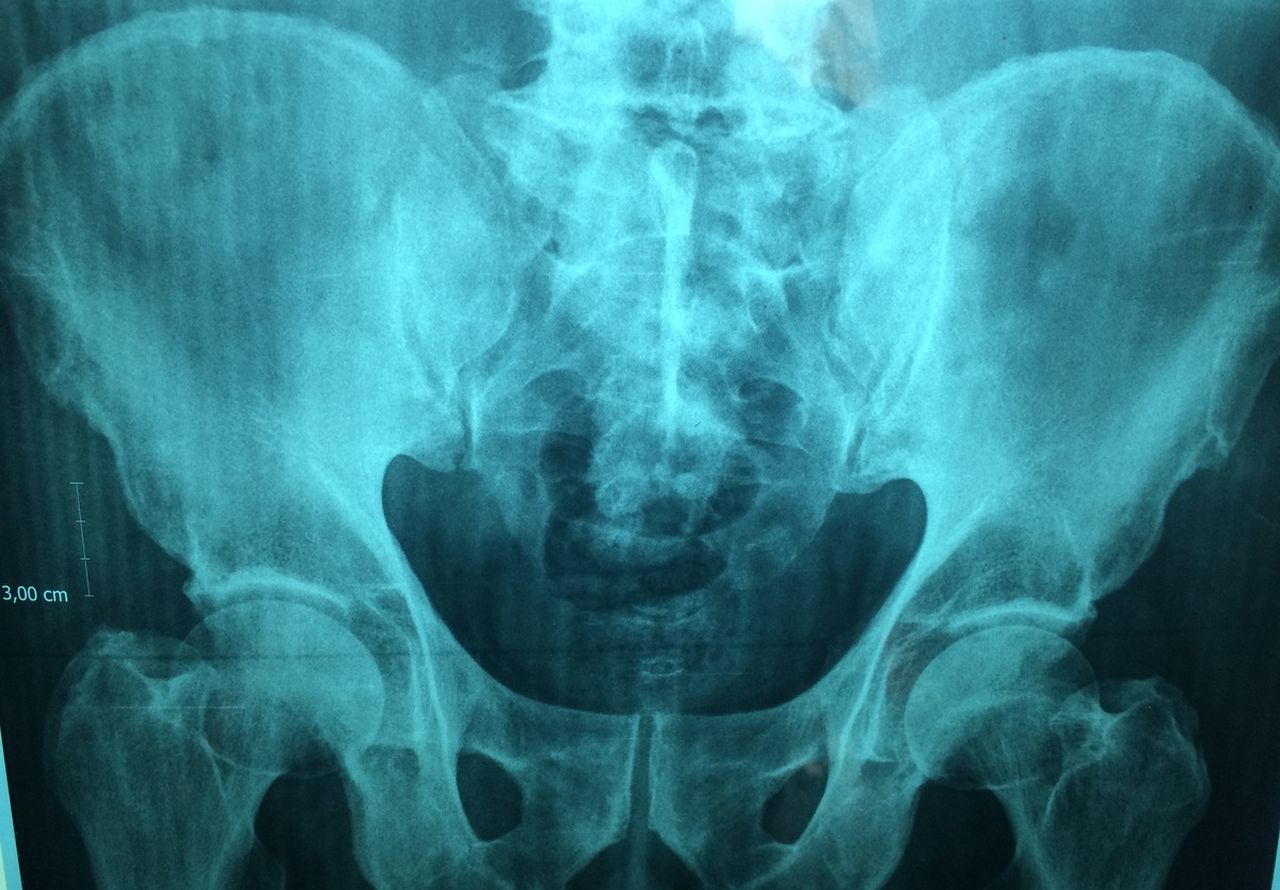Data and AI: fostering innovation at European level
EuHubs4data, a project funded by the European Union, seeks to make a big contribution to the growth of European SMEs, start-ups and web-based companies in the global data economy. How? By providing them with a European catalogue of data-driven solutions and services in an effort to foster innovation in this field. The project was launched on 1 September 2020 and will run for three years, with a budget of €12.5 Million. It brings together 12 Digital Innovation Hubs (DIH) across 9 European Union countries. One of these innovation hubs is TeraLab, IMT’s big data and artificial intelligence platform. An interview with Natalie Cernecka, Head of Business Development at TeraLab.
What are the goals of the EuHubs4data project, in which TeraLab is a partner?
Natalie Cernecka The goal of the project is to bring together services provided by European big data hubs to take full advantage of the benefits offered by the various members of the network.
There are nearly 200 digital innovation hubs (DIH) in Europe. Some of them are specialized in data. Individually, these hubs are highly effective: they provide various services related to data and act as a link between SMEs in the digital sector and other companies and organizations. At the European level, however, interconnection between these hubs is sorely lacking, which is why the idea of a unified network is so important.
The project will foster collaboration and exchange between existing hubs and provide a solid foundation for a European data economy to meet the growing data needs of SMEs in the digital sector and start-ups that work with technologies such as artificial intelligence (AI). The focus will be on system interoperability and data sharing. The project is therefore an important step towards implementing the European Commission plan to strengthen Europe’s data economy and digital sovereignty.
How will you achieve these goals?
NC: The project focuses on two areas: supply and demand. On the supply side, we’ll be working on the catalogue of services and datasets and on providing training opportunities in big data and AI. On the demand side, we’ll be carrying out experiments, with three open call sessions, along with an extensive awareness program aimed at getting hundreds of companies and organizations involved and encouraging them to innovate with data.
EuHubs4data offers a catalogue of services for SMEs, start-ups and web companies. Could you give us some concrete examples of such services?
NC: The goal is to propose a single catalogue presenting the various services offered by project partners and their respective ecosystems. For example, TeraLab could provide access to its data sharing platform, while a second partner could offer access to datasets, and a third could provide data analysis tools or training opportunities. The companies will benefit from a comprehensive catalogue and may in turn offer their customers innovative services.
12 digital innovation hubs located in 9 European countries are partners in this project. How will this federation be structured?
NC: The structuring of this federation will be specified over the course of the project. The consortium is headed by the Instituto Tecnológico de Informática in Valencia, Spain and includes DIHs and major European players in the field of big data – such as the Big Data Value Association, in which IMT is a member, and the International Data Spaces Association, which is at the center of GAIA-X and includes IMT as the French representative. A number of initiatives focus on structuring and expanding this ecosystem. The structure has to be flexible enough to incorporate new members, whether over the course of the project or in the distant future.
What will TeraLab’s specific role be?
NC: TeraLab’s role in the project is threefold. First, it is responsible for the work package in charge of establishing the catalogue of services, the central focus of the project. Second, TeraLab will provide its big data and AI platform along with its expertise in securing data. And third, as a DIH, TeraLab will accompany experiments and open calls, which will use the catalogue of services and datasets.
Read more on I’MTech | Artificial Intelligence: TeraLab becomes a European digital innovation hub
What are some important steps coming up for the project?
NC: The open calls! The first will be launched in December 2020; that means that the first iteration of the catalogue should be ready at that time. The experiments will begin in spring 2021. TeraLab will follow them very closely and accompany several participating companies, to better understand their needs in terms of services, data and the use of the catalogue, in order to improve its use.
Learn more about the EUHubs4Data project :
Interview by Véronique Charlet
















Leave a Reply
Want to join the discussion?Feel free to contribute!